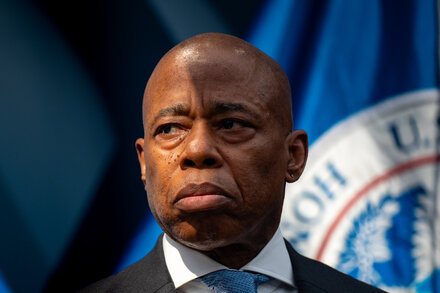Chisinau, Moldova – A pro-European political party has secured a decisive victory in Moldova’s snap parliamentary elections, marking a significant step towards the nation’s closer integration with the European Union and a potential shift away from Russian influence.
The Party of Action and Solidarity (PAS), led by President Maia Sandu, is poised to form a new government after securing a comfortable majority of seats in the unicameral parliament. The preliminary results indicated a strong mandate for the pro-Western reform agenda championed by Sandu and her party.
The election, held on July 11, 2021, was called by President Sandu in an effort to overcome political gridlock and gain a parliamentary majority aligned with her anti-corruption and pro-European platform. Moldova has long been caught in a geopolitical struggle between pro-European and pro-Russian factions, with successive governments often hampered by internal divisions and allegations of corruption.
PAS campaigned on a platform of combating deep-seated corruption, reforming the judiciary, and accelerating Moldova’s path towards European Union membership. Their primary opponent was the Socialist Bloc, which includes the Party of Socialists and the Party of Communists, advocating for closer ties with Russia and the Eurasian Economic Union.
The outcome is seen as a clear rejection of the political old guard and a strong endorsement of President Sandu’s vision for the future of the small Eastern European nation. International observers noted the election was conducted largely freely and fairly, despite some logistical challenges.
“We hope that today will be the end of a sad era for Moldova, the era of theft, corruption, of prosecutor’s offices and courts that protect criminals and not honest people,” President Maia Sandu stated on election day, encapsulating the sentiment of her party’s campaign.
The newly formed government under PAS is expected to prioritize judicial reforms, attract foreign investment, and strengthen democratic institutions. The victory is likely to facilitate greater cooperation with the European Union and international financial institutions, potentially unlocking aid and support for Moldova’s economic development.
Analysts suggest the election results could usher in a period of political stability necessary for implementing reforms, though significant challenges remain, including tackling endemic corruption and navigating complex regional geopolitics.
Source: Read the original article here.




